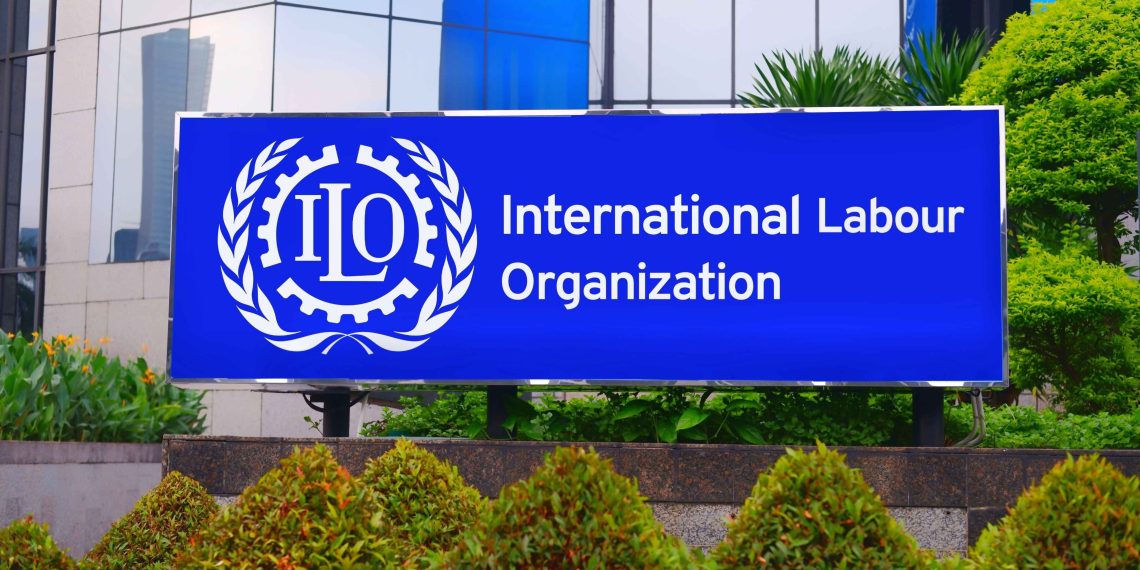At the recent BRICS Labour and Employment Ministers Meeting (LEMM) in Sochi, Russia, International Labour Organization (ILO) Director-General Gilbert F. Houngbo applauded the BRICS nations for their “far-reaching” commitments to fostering a more inclusive and human-centered future of work. The gathering marked a key moment as the BRICS bloc—now expanded to include Egypt, Ethiopia, Iran, and the United Arab Emirates—outlined strategies for advancing decent work and social justice through multilateral cooperation.
Houngbo emphasized the importance of the BRICS countries’ pledges to create more resilient labour markets and to promote safer, healthier working conditions. He highlighted the potential for these commitments to drive transformative change, particularly through investments in training, upskilling, and strengthened national Occupational Safety and Health (OSH) frameworks.
The LEMM Declaration, issued at the close of the meeting, underscored four key priorities: enhancing skills development, protecting workers in the digital economy, expanding social security, and improving workplace safety, with a special focus on women. The Declaration also recognized the need for robust social dialogue and applauded the ILO’s technical expertise in supporting these goals.
BRICS member nations reaffirmed their commitment to comprehensive strategies that address the evolving challenges of the global labour market. These include promoting lifelong learning, modernizing employment services, and ensuring strong social protection mechanisms. In addition, the meeting saw the introduction of the BRICS OSH Network and a progress report from South Africa on productivity ecosystems.
The meeting represented a significant milestone, as it was the first since the BRICS group’s expansion, and highlighted the members’ commitment to ensuring that labour and social protection policies align with the realities of the global economy.





















